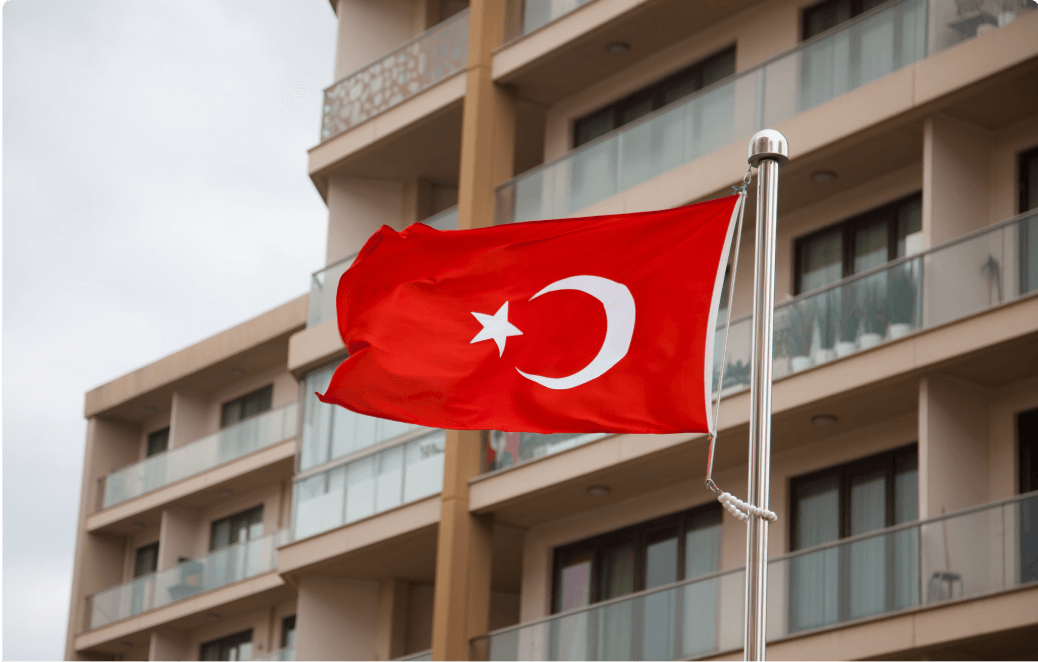Turkey is a fascinating country full of contrasts, combining rich history, stunning beaches, and modern cities. If you’re planning a trip to Turkey, here are some practical tips to help you organize an unforgettable vacation.
Currency
The official currency in Turkey is the Turkish Lira (TRY). While euros and dollars are widely accepted in tourist areas, it’s recommended to exchange money for lira to get better rates at local exchange offices or banks. Credit and debit cards are commonly accepted, but in rural areas or small shops, having cash on hand is advisable.
Transportation
Turkey boasts a well-developed and modern transportation network. You can travel between major cities, such as Istanbul and Ankara, by train, bus, or plane.
- Train: Ideal for long-distance routes like Istanbul – Ankara.
- Bus: Available almost everywhere and cost-effective.
- Air Travel: Domestic flights connect many cities through airports like Istanbul Airport or Antalya Airport.
- Urban Transit: Use public transport (buses, metro, trams) or taxis. Taxis are usually affordable, but ensure the meter is running before starting your trip.
Language
Turkish is the official language, but English is commonly spoken in tourist areas and larger cities. Learning a few basic Turkish phrases can be helpful:
- Merhaba – Hello
- Teşekkür ederim – Thank you
- Evet – Yes
- Hayır – No
Weather and Best Time to Visit
Turkey has diverse climates, from Mediterranean on the coast to continental inland. The best times to visit are spring (April–June) and autumn (September–November) when temperatures are pleasant, and crowds are thinner. Summers can be very hot, especially in southern regions like Antalya.
Cuisine
Turkish cuisine is renowned for its variety and rich flavors. Don’t miss:
- Kebabs – Various grilled meats, often served with bread and vegetables.
- Baklava – Sweet pastry with nuts and honey.
- Çay – Traditional Turkish tea served in small glass cups.
- Lahmacun – Turkey’s version of pizza with minced meat, vegetables, and herbs.
Health and Insurance
Travel insurance covering unexpected expenses, such as medical issues or losses, is recommended. Healthcare in Turkey is of high quality, but ensure your insurance covers international treatment. Tap water in cities is safe to drink, but bottled water may be a better option in some regions.
Turkish Customs and Etiquette
Turkish culture is very hospitable, but it’s good to observe local etiquette:
- Remove shoes and cover shoulders and knees when visiting mosques.
- Greetings are warm and may involve a handshake. Women should note that not all men shake hands with women.
- Being offered tea or sweets is a sign of hospitality – accepting is polite.
Turkey is a beautiful country offering rich culture, fascinating history, and excellent cuisine. These practical tips will help you prepare for your trip and enjoy everything Turkey has to offer. Have a great vacation filled with unforgettable experiences!




